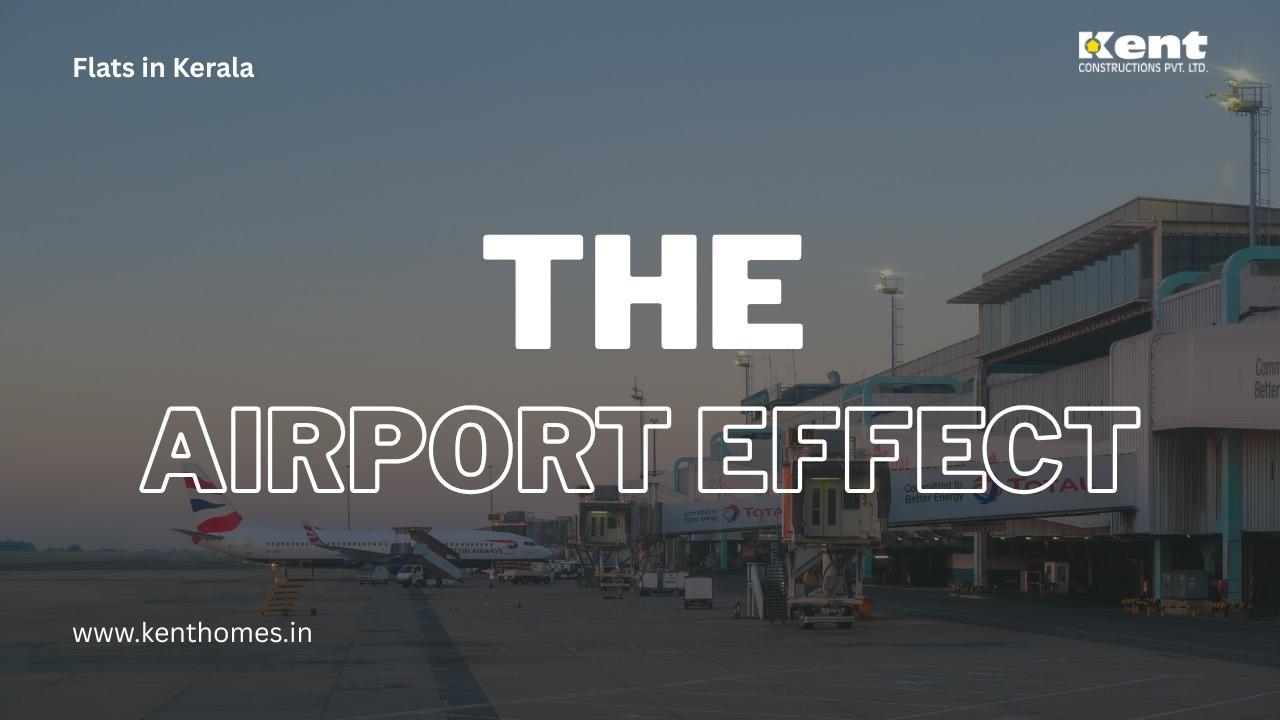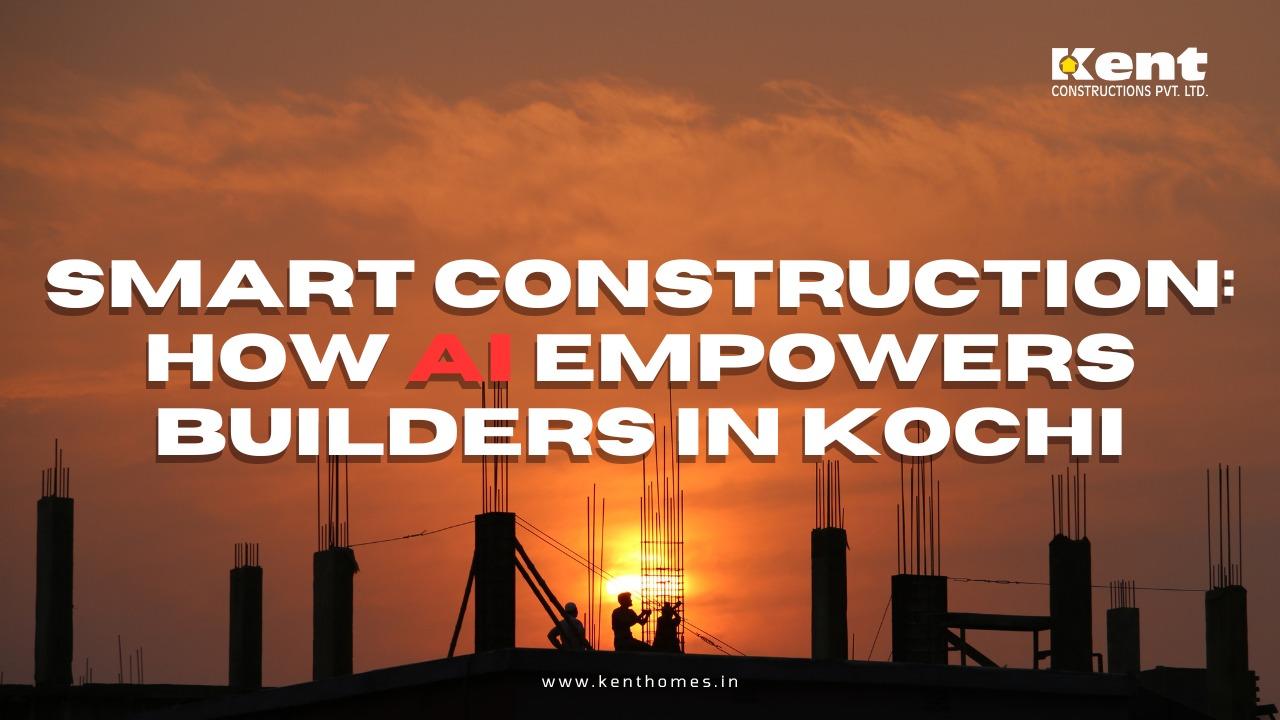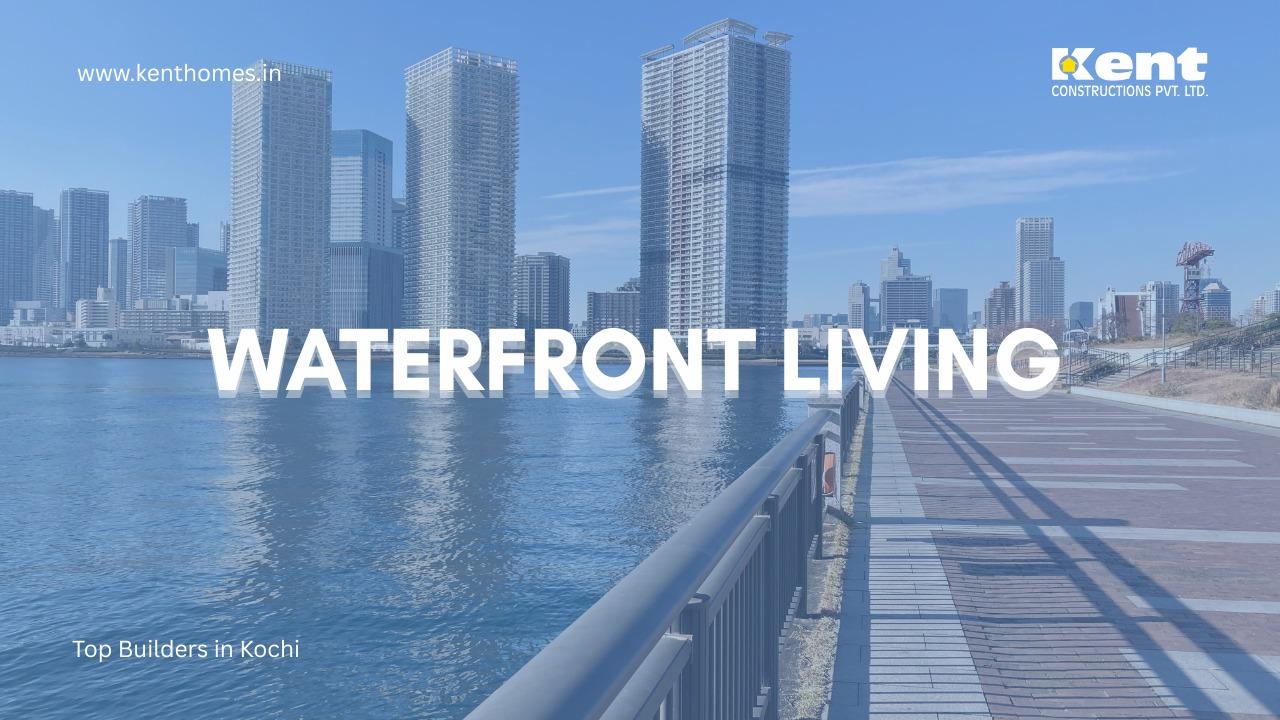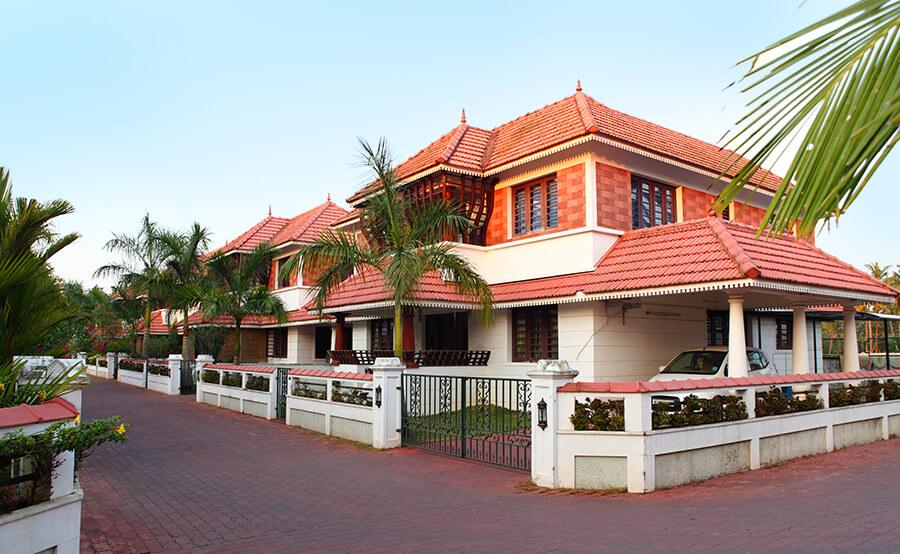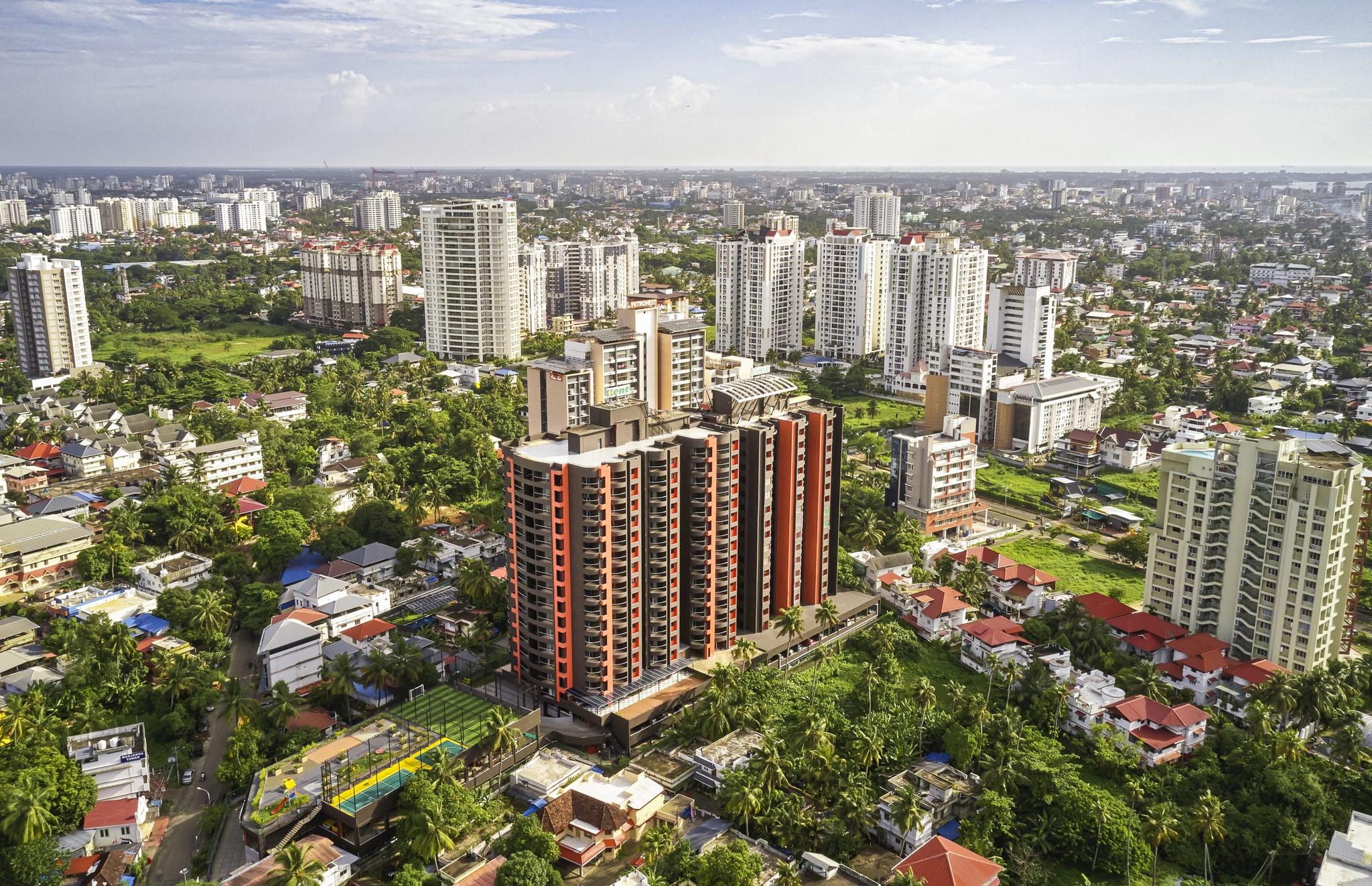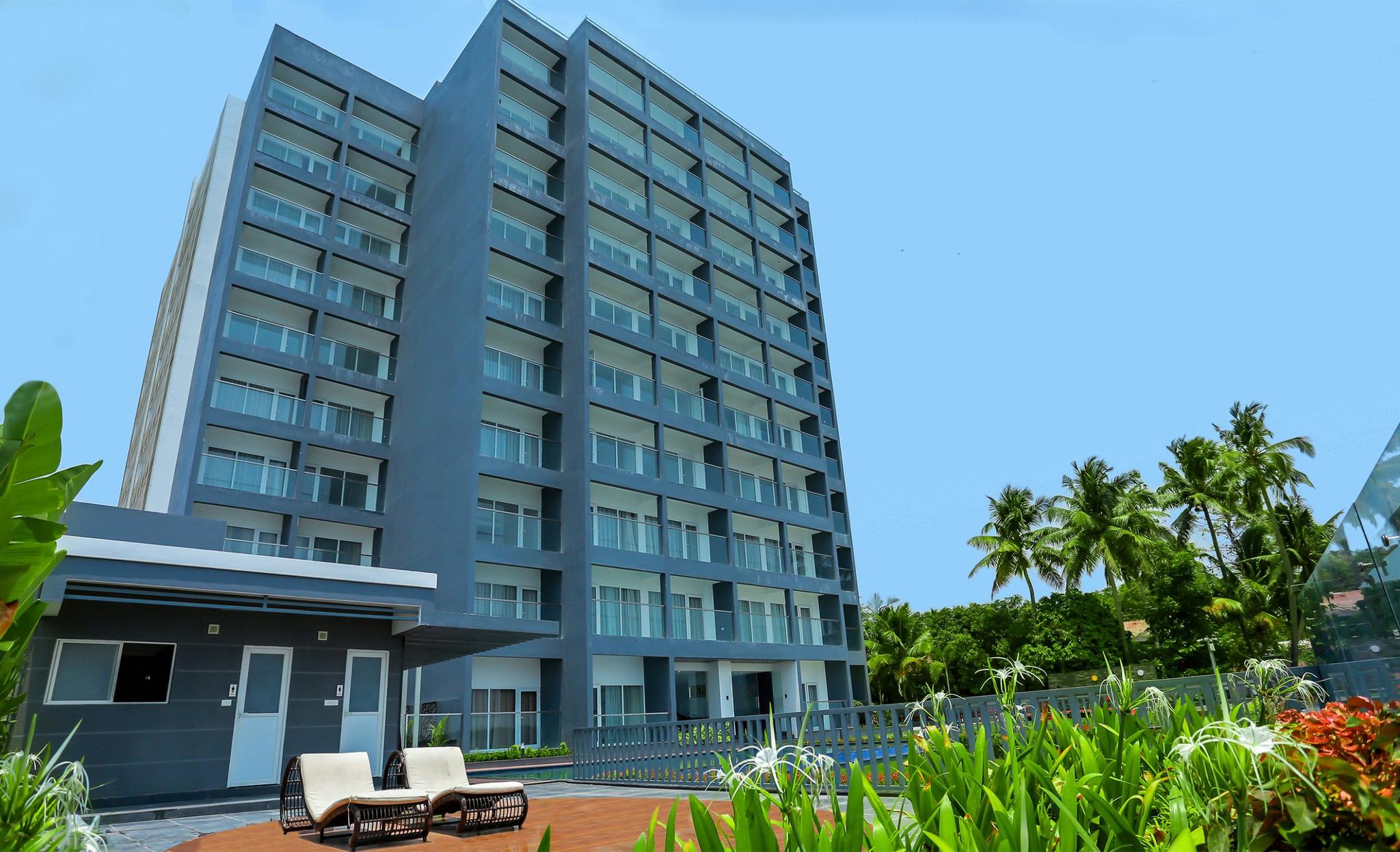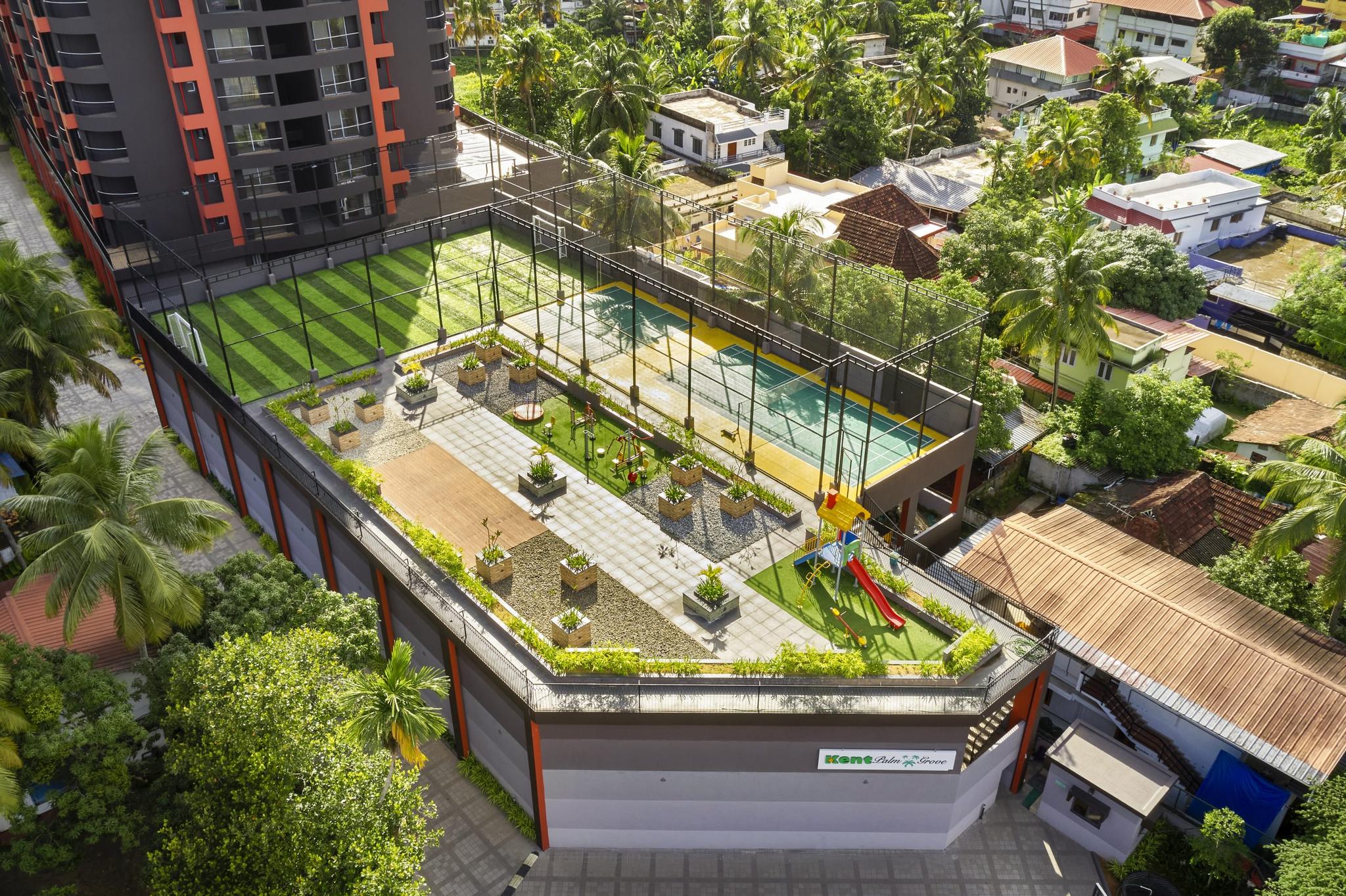
Water Management Solutions for the Best Flats in Kochi
7 Min Read
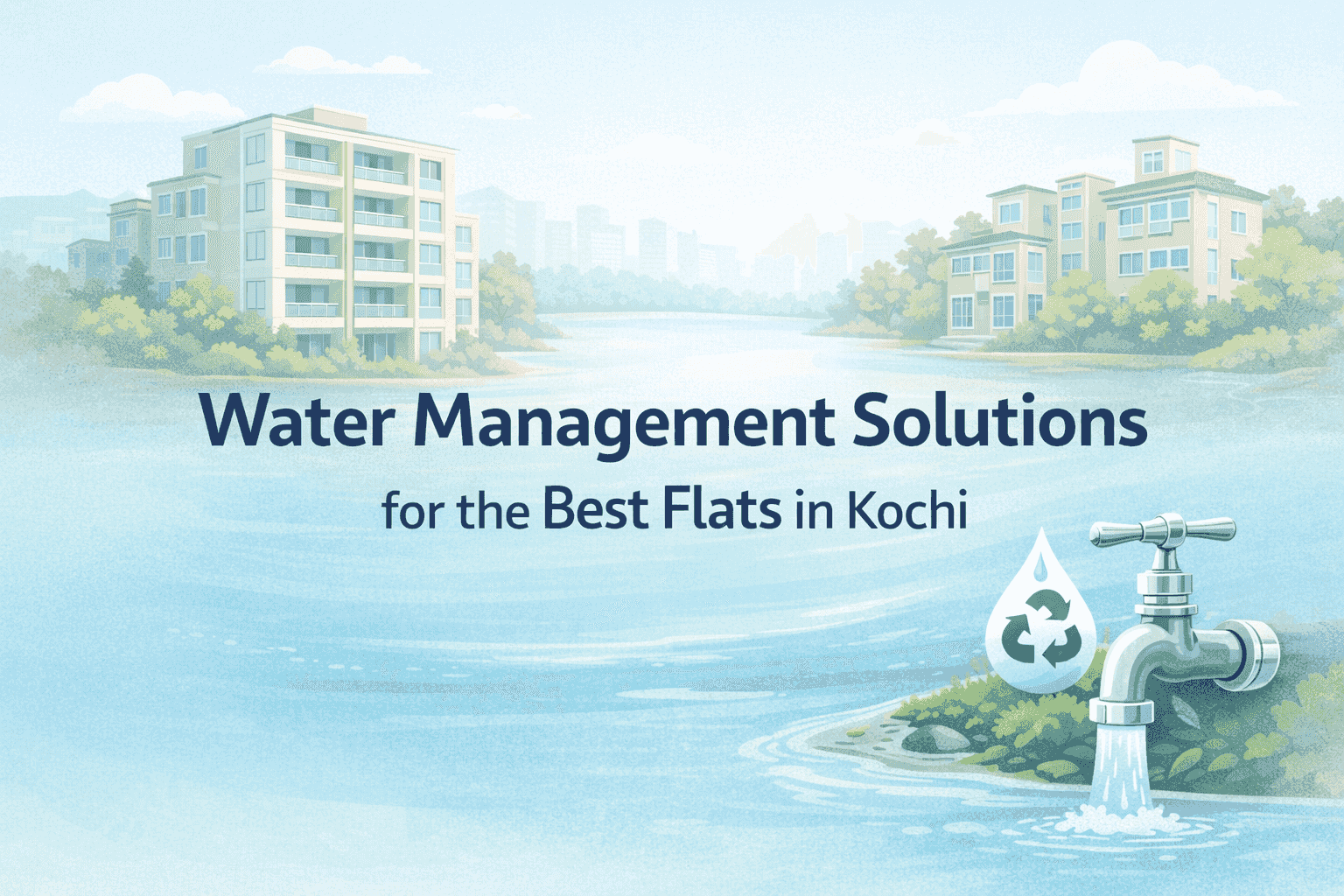
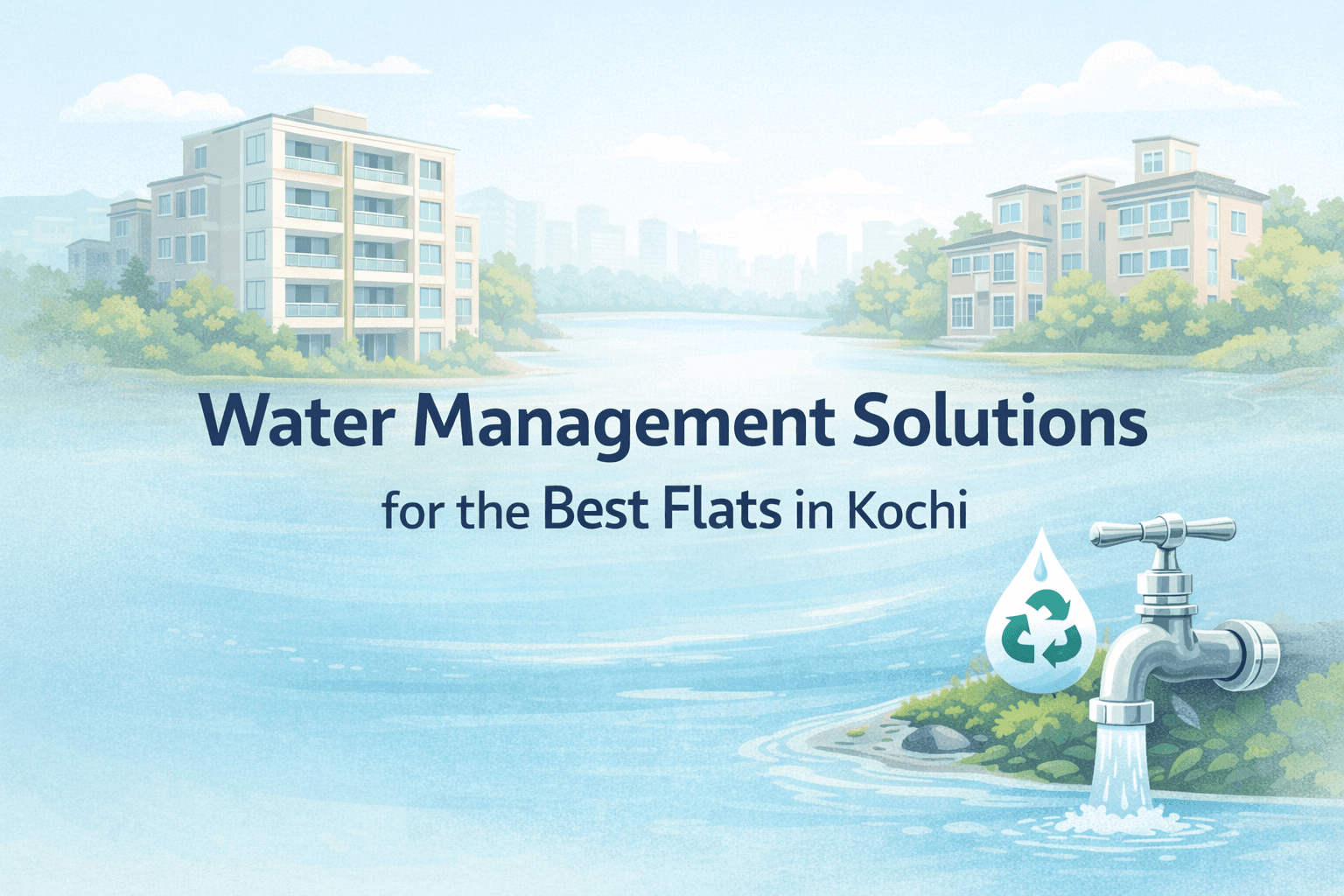
Water scarcity is a rising challenge that affects multiple industries, with the real estate sector, including the development of best flats in kochi, particularly affected. Both developers and residents are increasingly subjected to regulatory scrutiny regarding their water usage and management practices. For those looking for 2, 3 & 4 BHK luxury apartments in Edappally, it’s crucial to understand how these factors influence sustainable living. At Kent Constructions, we recognize the growing importance of water management in real estate development. Let’s explore the challenges and strategies in water management within the real estate sector, highlighting the importance of strategic planning in addressing this growing concern.
Understanding the Rising Challenge of Water Scarcity
Water scarcity is influenced by various factors, including population growth, urban development, and climate change, which collectively increase the strain on local water supplies. In cities like Kochi, where urban development is occurring at a rapid pace, developers face considerable challenges in addressing the water needs of both residents and infrastructure. As the need for water increases, authorities are likely to enforce restrictions and compliance measures, making effective water management a crucial aspect not only for environmental sustainability but also for the successful operation of real estate projects.


Regulatory Pressure on Water Usage
As water resources continue to decline, government regulations related to water usage in the real estate sector have tightened considerably. Authorities are establishing policies that require the implementation of water-efficient practices, where failure to comply may lead to fines, project delays, or the loss of permits. Developers are now required to adopt water-saving technologies, provide detailed water management plans, and meet high compliance standards to secure project approvals. As a result, real estate firms must adapt to these regulatory changes to avoid interruptions and ensure the long-term success of their projects.
The Importance of Water Conservation Technologies
With the rising priority of water conservation, the integration of technologies that minimize water usage has become crucial in new construction projects. Features like dual-flush toilets, low-flow fixtures, and efficient irrigation systems can lead to a marked decrease in water waste. Moreover, the implementation of rainwater harvesting and greywater recycling systems is becoming a common requirement in some areas, allowing buildings to repurpose water for non-potable applications like landscaping and toilet flushing. By adopting these technologies, developers not only meet regulatory standards but also create properties that appeal to buyers who prioritize environmental sustainability.
Water Management through Rainwater Harvesting
The concept of rainwater harvesting has become an effective strategy to address urban water shortages. This system involves the collection and storage of rainwater, which can then be filtered for various uses within a building. In areas with high rainfall, such as Kochi, rainwater harvesting serves as an additional water source, reducing dependence on municipal water supplies. Furthermore, the implementation of rainwater harvesting is often viewed favorably in regulatory reviews, making it advantageous for developers who aim to meet compliance standards while increasing the value of their projects.


Educating Residents on Responsible Water Usage
Water management is a collective responsibility, and the awareness of residents is essential for successful conservation efforts. Developers have the opportunity to educate residents about responsible water usage and the advantages of water-efficient features in the building. By providing educational materials, conducting workshops, and organizing community events focused on water conservation, a culture of responsible consumption can be developed. When residents understand the importance of efficient water practices, they are more likely to support the sustainability goals of the building and contribute to the overall success of the property.
Conclusion
Successful developments in the future will rely on the integration of water-efficient technologies, compliance with regulatory standards, and the promotion of resident awareness. By adopting proactive water management strategies, developers can guarantee that their properties not only satisfy regulatory requirements but also deliver lasting value and comfort to residents, adapting to a reality where water resources are becoming more limited. As a leading builder in Kerala, Kent Constructions is committed to prioritizing water resilience in our projects, recognizing its crucial importance. Through the adoption of water-efficient design and technology, we contribute to a better future





















































